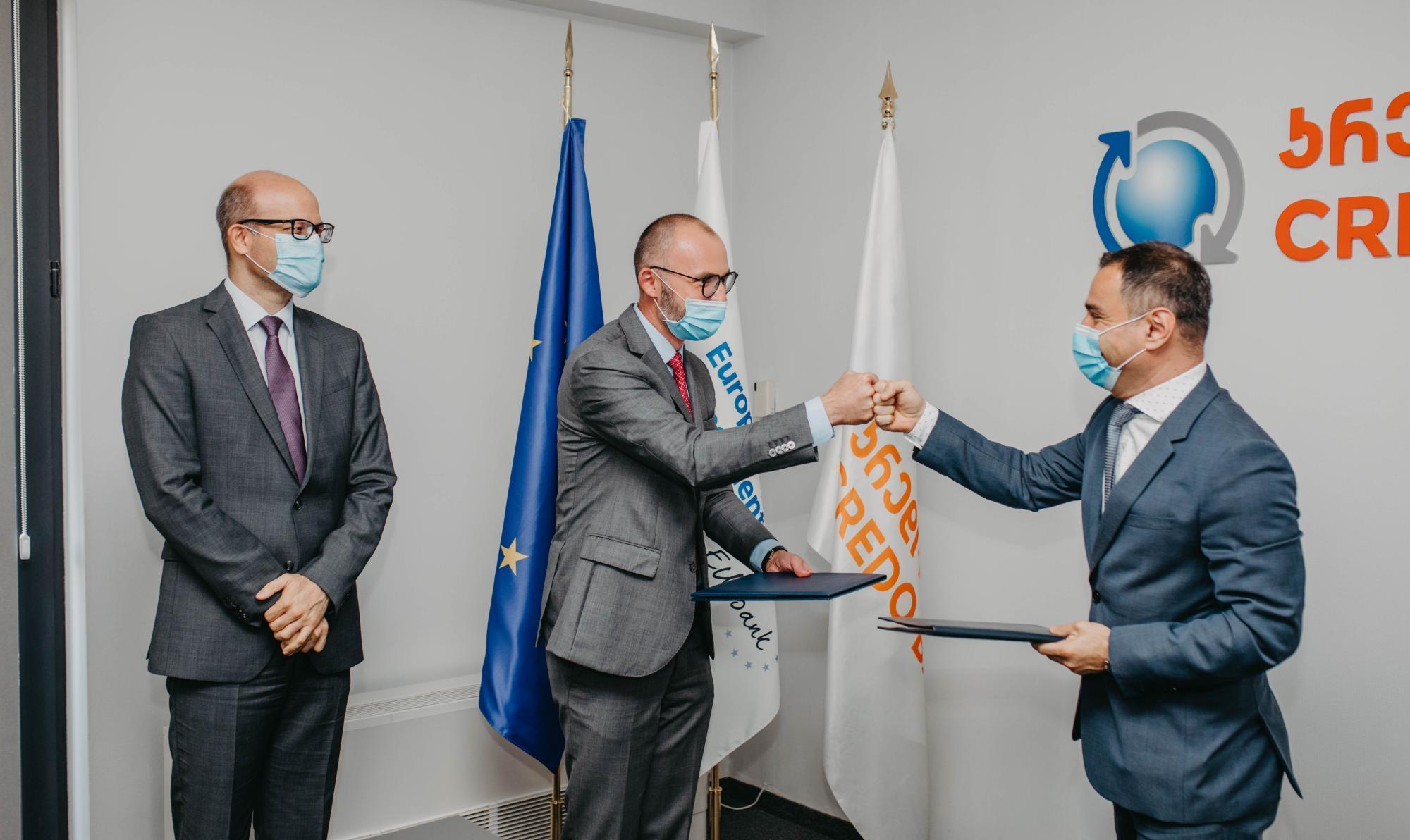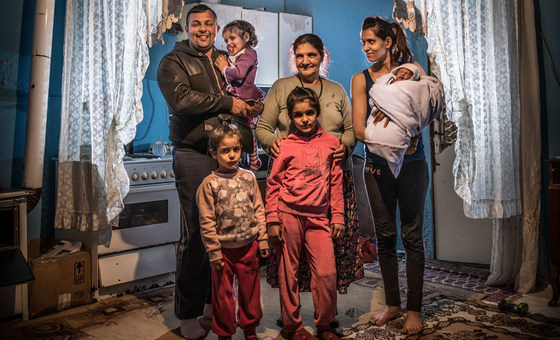The World Health Organization’s (WHO) Emergency Committee on COVID-19 met Friday to review the current coronavirus pandemic at what chief Tedros Adhanom Ghebreyesus, called “a sobering moment”.
At a regular press briefing on Monday in Geneva, he recalled that when the Committee met three months ago, WHO had received reports of three million COVID-19 cases and more than 200,000 deaths.
“Since then”, he updated, “the number of cases has increased more than five-fold to 17.5 million, and the number of deaths has more than tripled, to 680,000”.
Rippling effects
In addition to the direct toll of the virus, the Committee noted the impact disrupted services is having on a range of other diseases, which are compounding reduced immunization coverage, cancer screening and care, and mental health services.
And on top of the health impact, COVID-19 is causing social, economic and political damage, according to the WHO official.
Mitigation measures
The Committee suggested a range of proposals for countries to bring the virus under control, including enhanced political commitment and leadership for national strategies and localized response activities driven by science, data, and experience.
They also acknowledged that Member States have “tough choices” to make to turn the epidemic around.
While recognizing that “it’s not easy”, the WHO chief maintained that “when leaders step up and work intensely with their populations”, the disease can be “brought under control”.
“It’s never too late to turn this pandemic around”, Mr. Tedros upheld, adding that “if we act together today”, we can save lives and livelihoods.
Recommendations
The Committee recommended that countries engage in the Access to COVID-19 Tools (ACT) Accelerator, participate in relevant clinical trials, and prepare for safe and effective therapeutics and vaccine introduction, the WHO Director-General told reporters.
He also informed them that some vaccines are currently in phase three clinical trials, sharing his hope of having “a number of effective vaccines”.
“For now”, Mr. Tedros explained, “stopping outbreaks comes down to the basics of public health and disease control”, including testing, isolating and treating patients, along with tracing and quarantining their contacts.
Meanwhile, individuals must keep physical distance, wearing a mask, clean their hands regularly and cough safely away from others.
It’s never too late to turn this pandemic around — WHO chief
“The message to people and Governments is clear: do it all”, he stated, “and when it’s under control, keep going!”
Masking up
This week, WHO is also launching a so-called “mask challenge”, by encouraging people to send in photos of themselves wearing a protective mask.
In addition to being a key tool to stop the virus, masks have come to represent solidarity.
“If you’re a health worker, a frontline worker, wherever you are – show us your solidarity in following national guidelines and safely wearing a mask – whether caring for patients or loved ones, riding on public transport to work, or picking up essential supplies” Mr. Tedros urged.
Breastfeeding during COVID
In closing, the UN official reminded that this is breastfeeding awareness week.
He reiterated WHO’s recommendation that mothers with suspected or confirmed COVID-19 should be encouraged, the same as all other mothers, to initiate or continue to breastfeed, saying that the “many, many benefits of breastfeeding for newborn babies and children substantially outweigh the potential risks for COVID-19 infection”.











